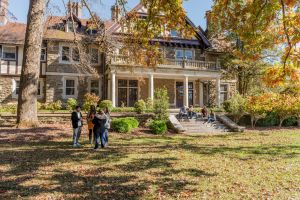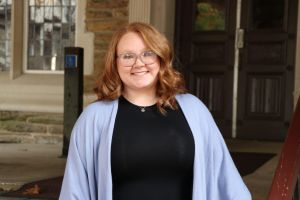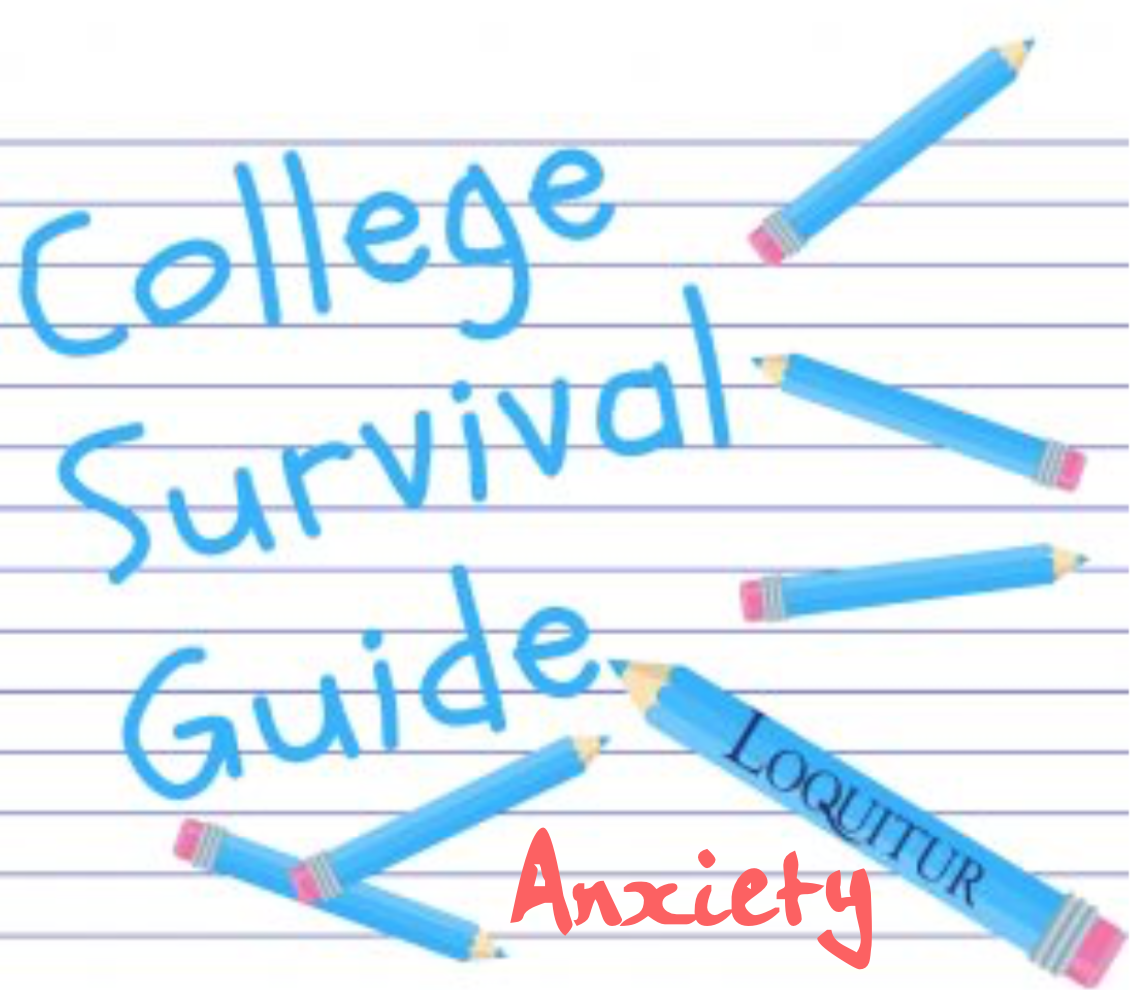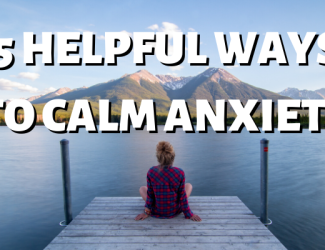The social aspect of education plays a more significant role than what’s perceived, mental health experts say. In fact, solely focusing on academics can negatively impact students’ educational experience.
As the COVID-19 pandemic hit educational institutions, students’ social and academic experiences have been severely altered. Kids were kept inside for a year and a half (some more, some less), isolating themselves from their social life causing the return to school to be difficult.

According to Resources to Recovery, “in a social situation when your anxiety level is high, you feel your heart beating fast. Sweating, trembling and blushing are also common symptoms.” There are moments where you may become nauseous, judged by others and you feel humiliated because of what others think about you.
Being placed in a room full of individuals you are unfamiliar with can cause general worry that all eyes are on you.
According to The Classroom, “not all learning experiences occur inside a lecture hall or a classroom. An active social life also leaves room for joining student organizations, where you can share common interests with people like yourself.” This here is an example of why the Cabrini community tries to keep their students involved throughout their experience.
When students attend social events through the university, it provides opportunities for closer interaction, relationship building and network connecting. The big boundary that students must cross over is going alone to these social events. Walking into these occasions alone can cause further worry, and anxiety due to the uncertainty of enjoying your time.
Cabrini’s SEAL and CAP Board team has been one of the greatest assets to the university. Keeping student engagement entertaining, inviting and welcoming can be difficult and frustrating when smaller groups show. Advocating and inviting others to join an event is one way to provide an open space for those who want to expand their social circle.
Ashlee Hofner, senior criminology major and business management minor, has been an orientation coordinator twice, works in the SEaL office and is currently the VP of internal operations on CAP Board. She advocates for her community and tries her best, along with her team, to keep everyone included and listens when there can be improvements or suggestions.

By posting on social media, using word-of-mouth and sending emails out to the undergraduate students, SEaL and CAP Board hope to generate a larger audience. “We post flyers in Founders, Widener and Iadorola to help spread the word! We try to make the events as interesting and inclusive as possible,” Hofner said.
She mentioned that social anxiety has always been a relevant issue it just appears more “apparent” nowadays because the stigma and judgment have been more recognized. “People are more comfortable “exposing” themselves because they know others can relate to them,” Hofner said.
Hannah Burke, senior exercise science major and health promotion minor, has been to events that SEaL and CAP Board has hosted bringing her back occasionally.
“What draws me to attend events is how it’s promoted,” Burke said. “What brings me back to events is if they had the events in the past and it was fun all around.” She’s attended big -prize bingo with a larger group of friends advocating others how much fun they have and to come out!
“I always liked when they give out the calendars of all the events that are happening to know where to be at what time,” Burke said. As an active member of the Cabrini community, she wants students to know it’s always a good time to get involved on-campus.
In regards to the COVID-19 pandemic, there’s been an added level of isolation resulting in higher degrees of social anxiety. Dealing with this pandemic has been the main struggle as some students don’t want to join the events or attend other obligations (which is understandable). In other cases, timing can be difficult to match.
“College students have many many obligations so it’s hard because they have to prioritize what they can/want to do,” Hofner said.
By understanding that every person processes experiences, emotions and thoughts differently will drastically help the disparity as to why someone reacts the way they do in certain social environments.
“People are different; they have different feelings and thoughts. Human beings have their own versions of the world and they experience emotions in their own way,” Resources to Recovery said. “This is why it is hard to give a general answer. There are a lot of factors that can lead to the appearance of social anxiety.”




